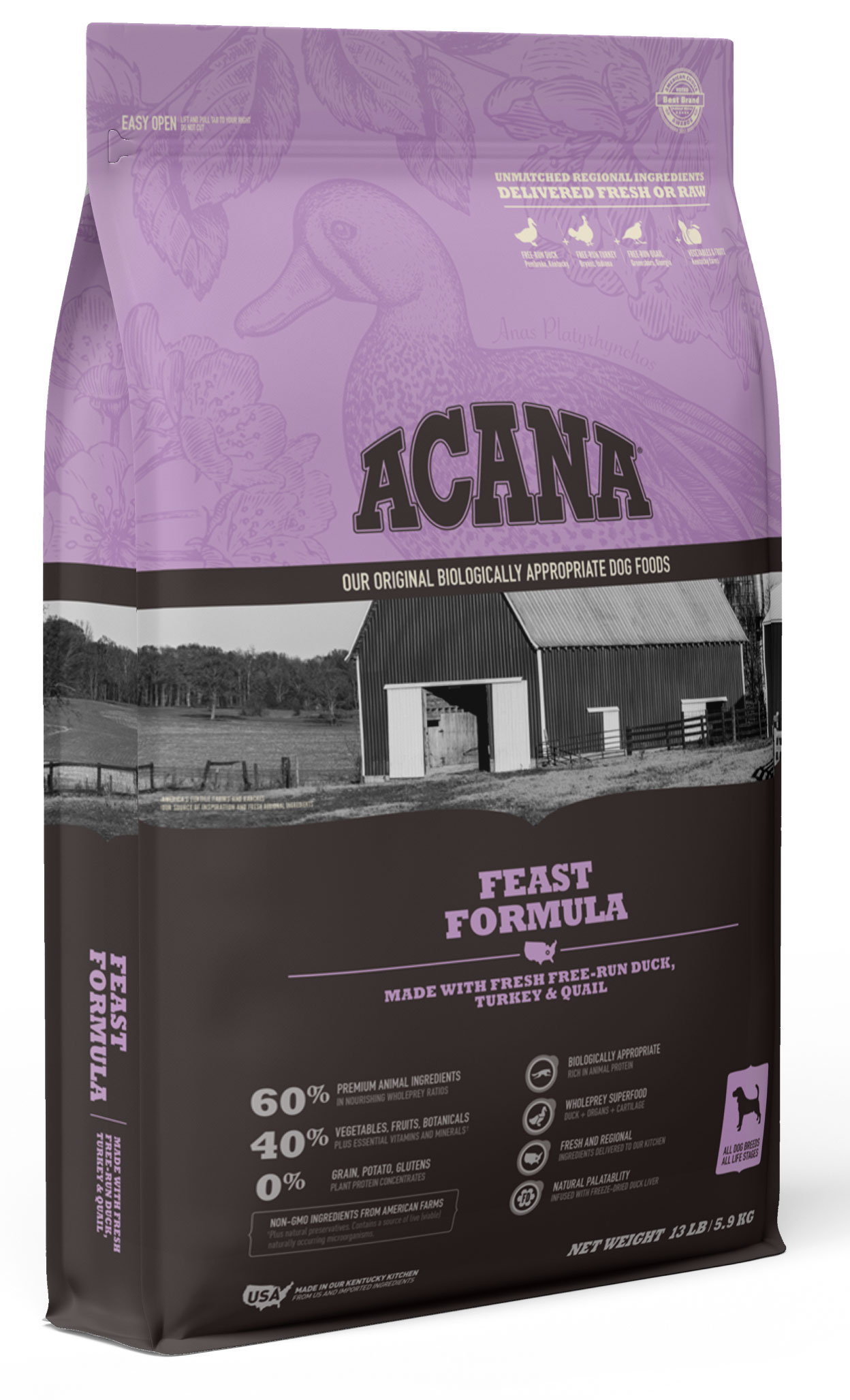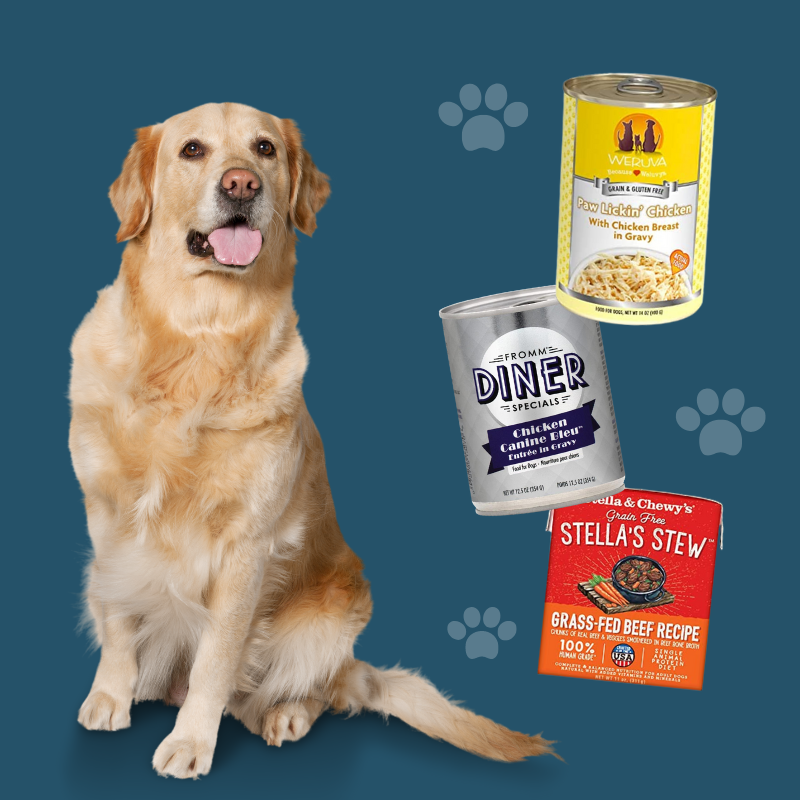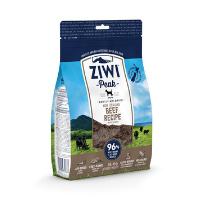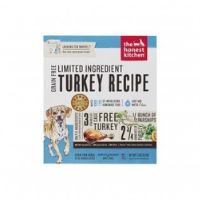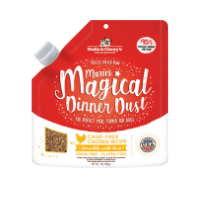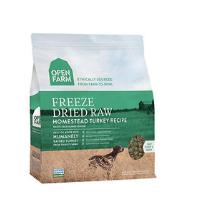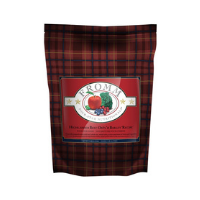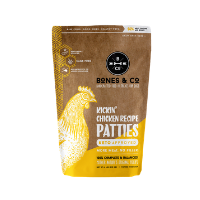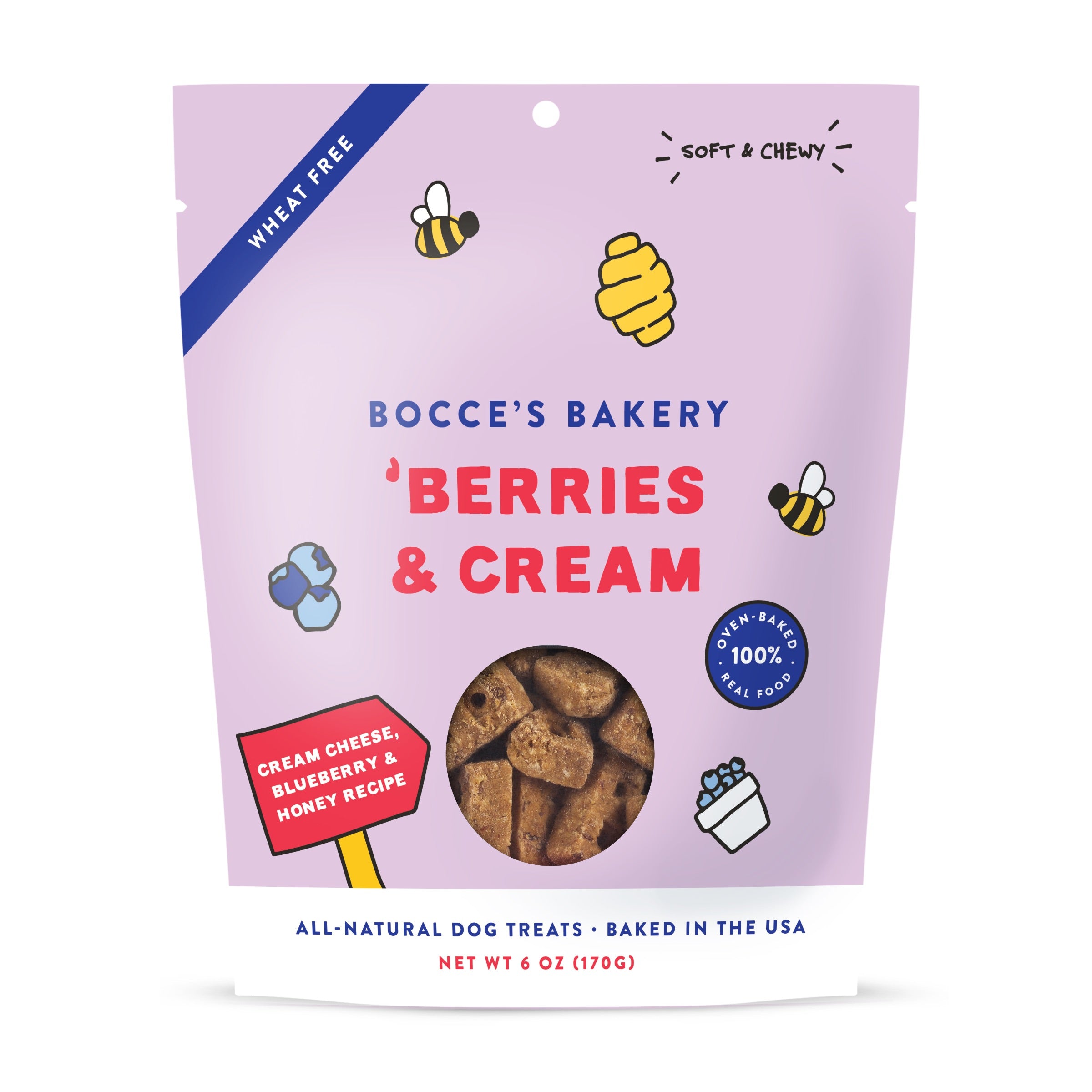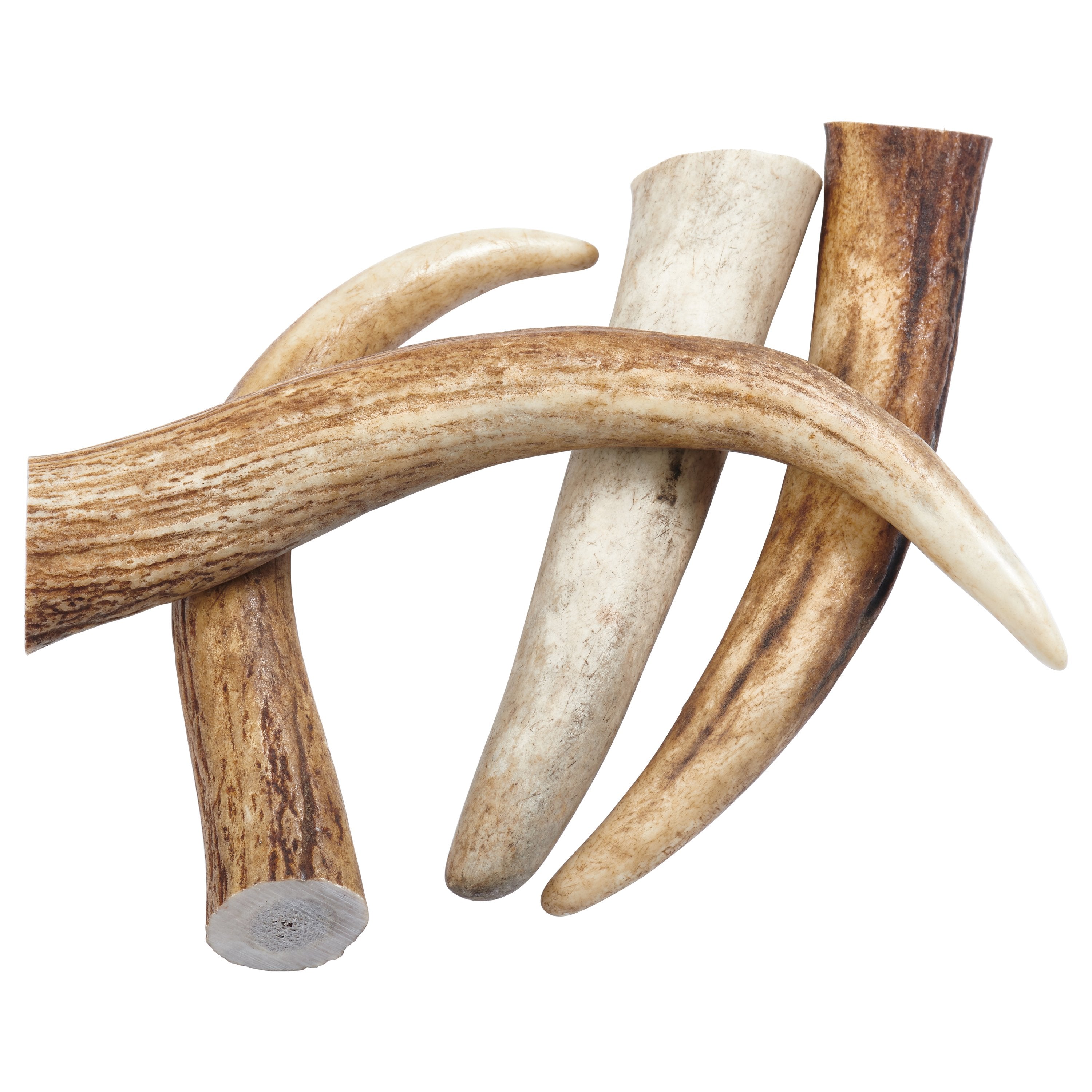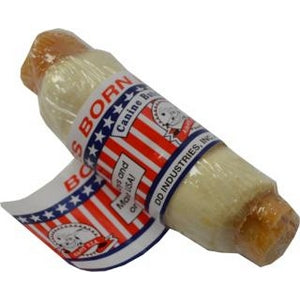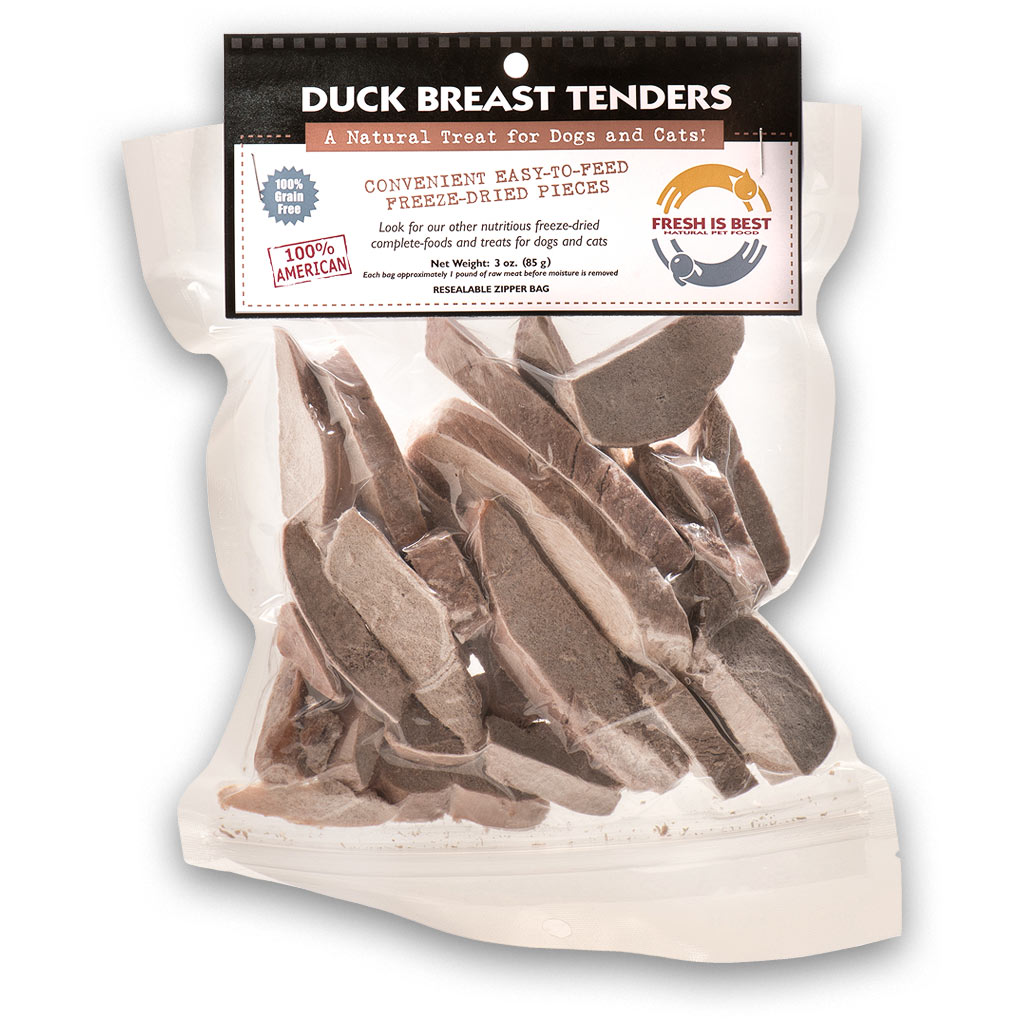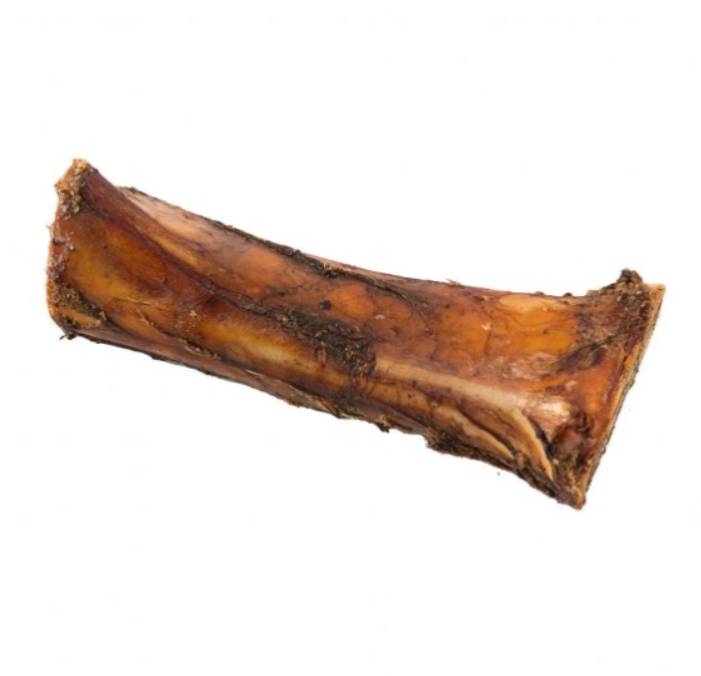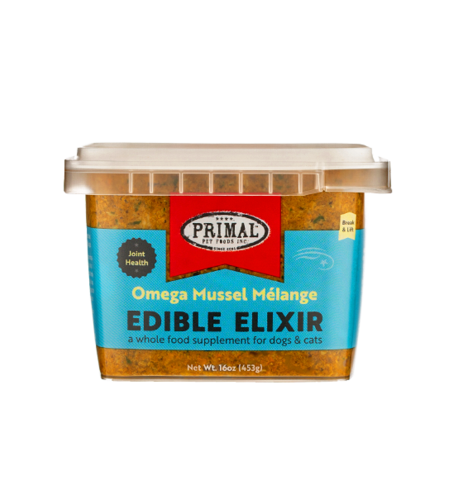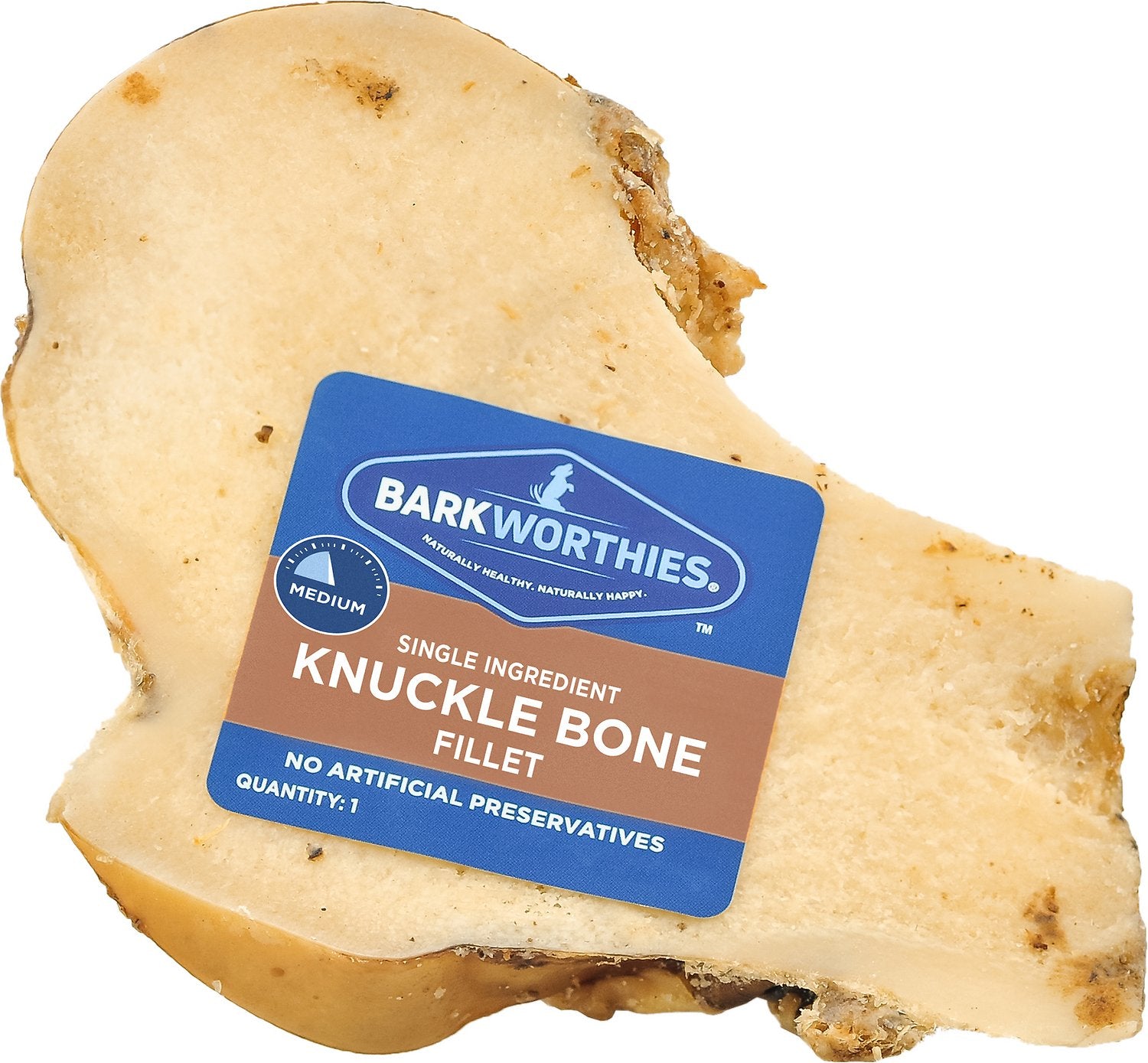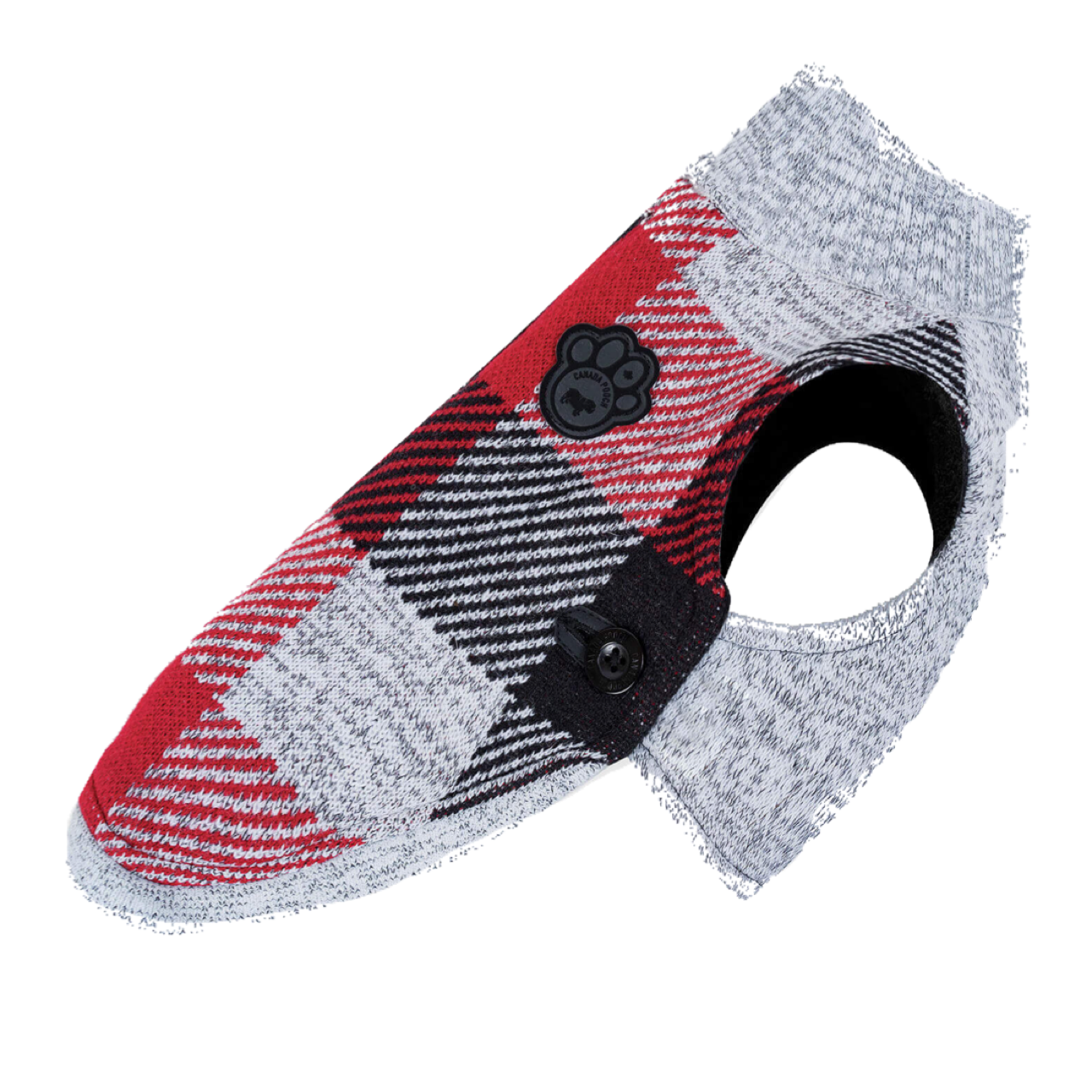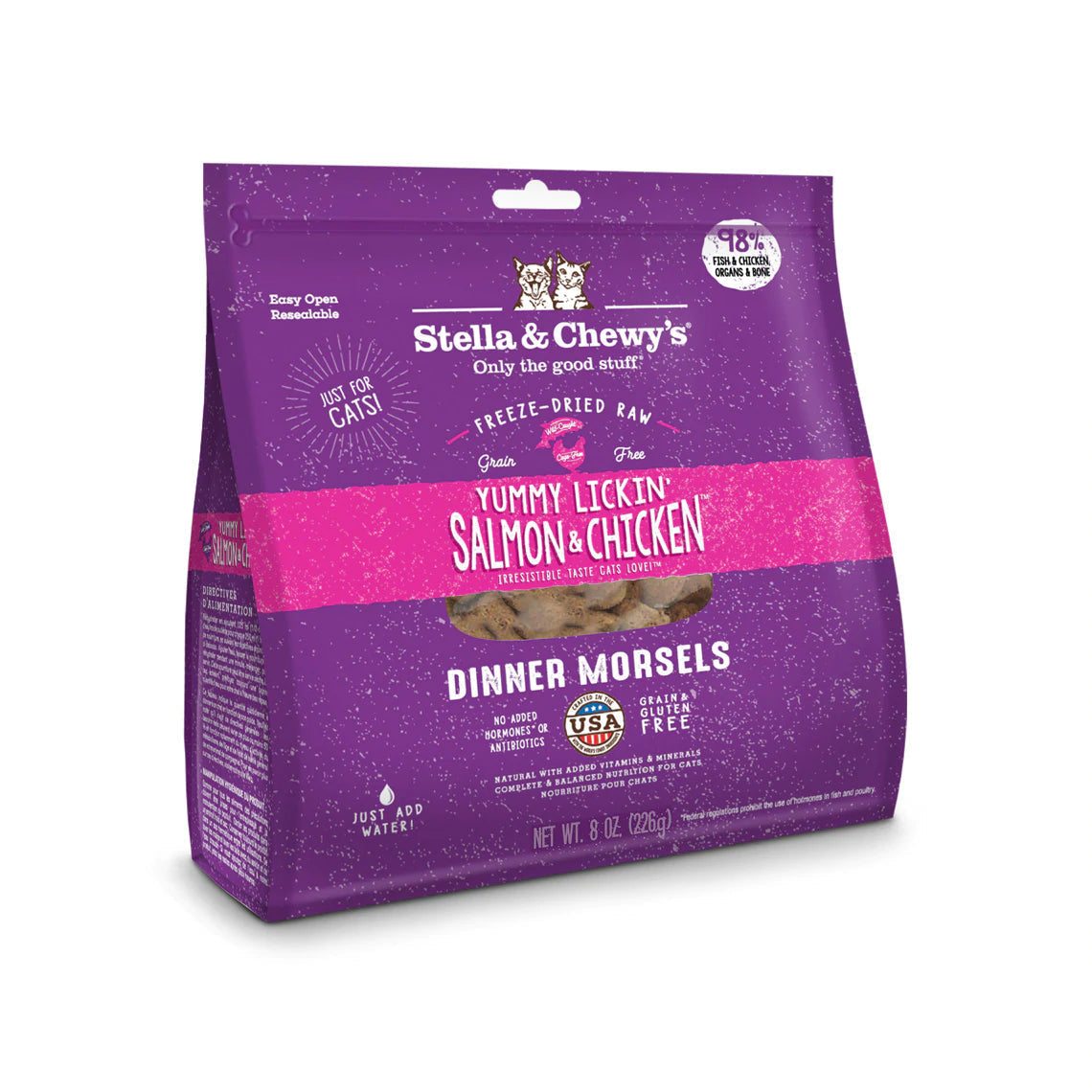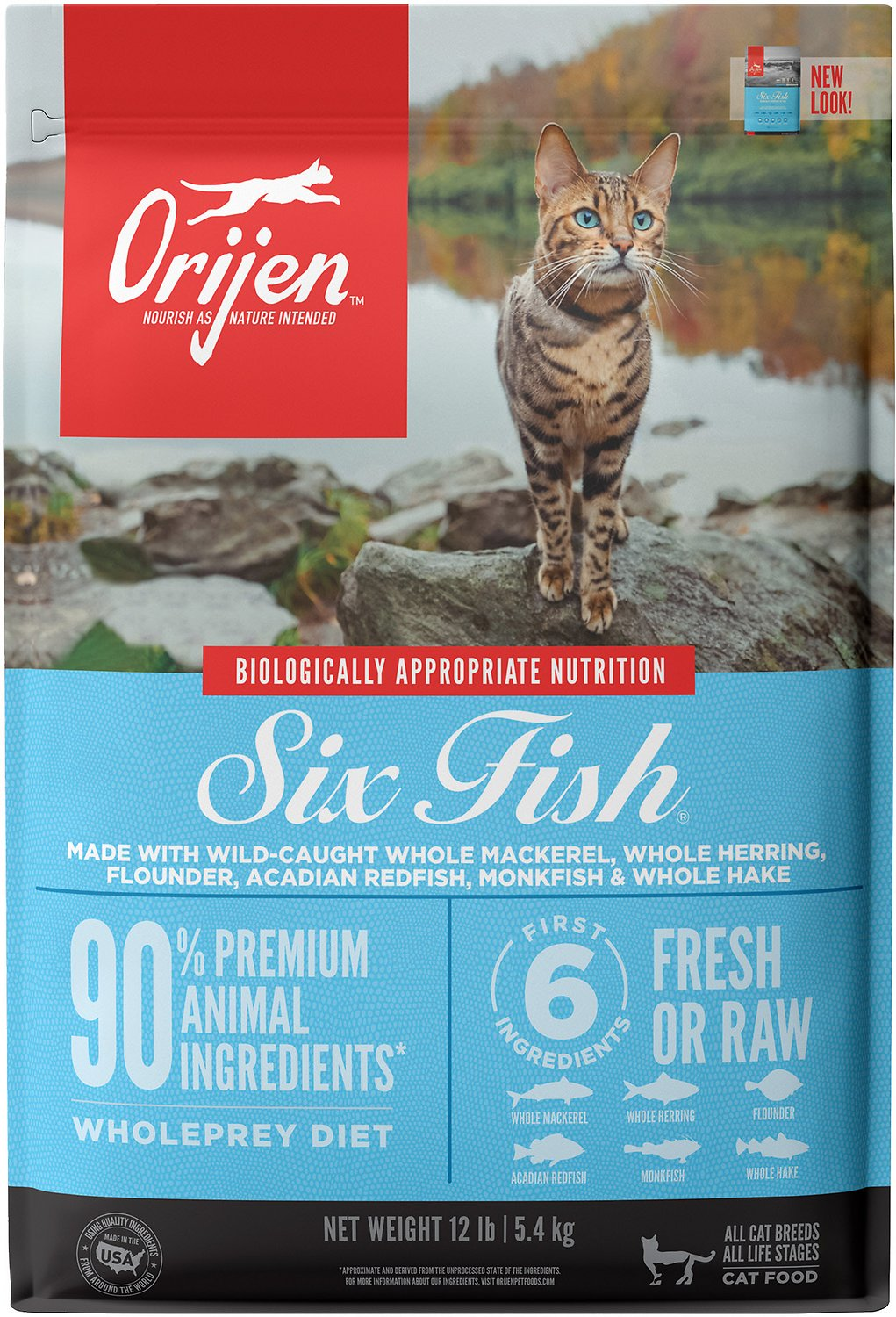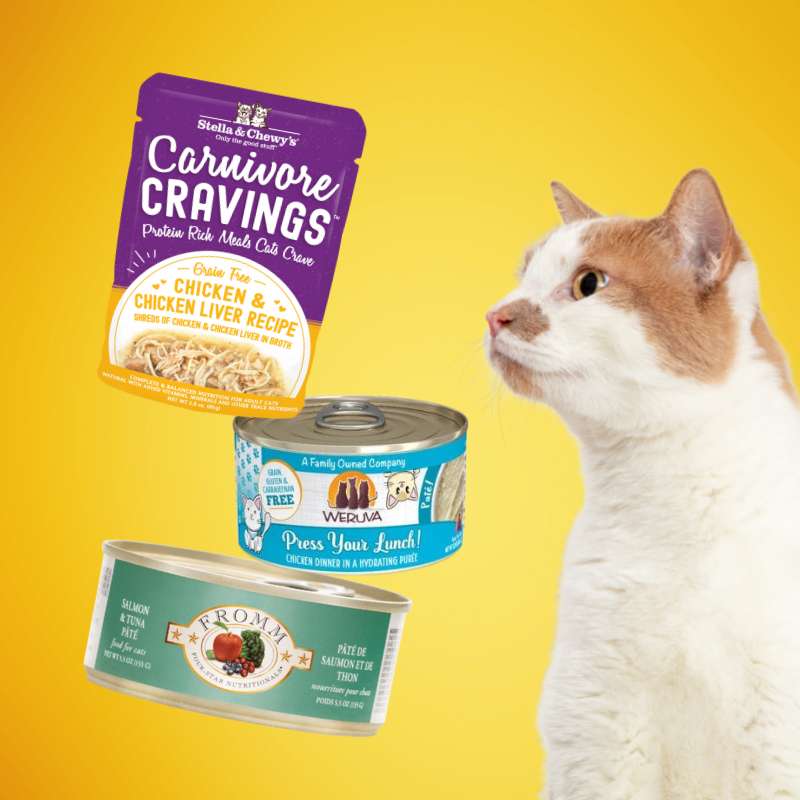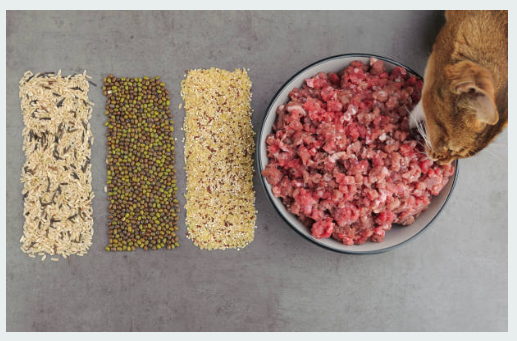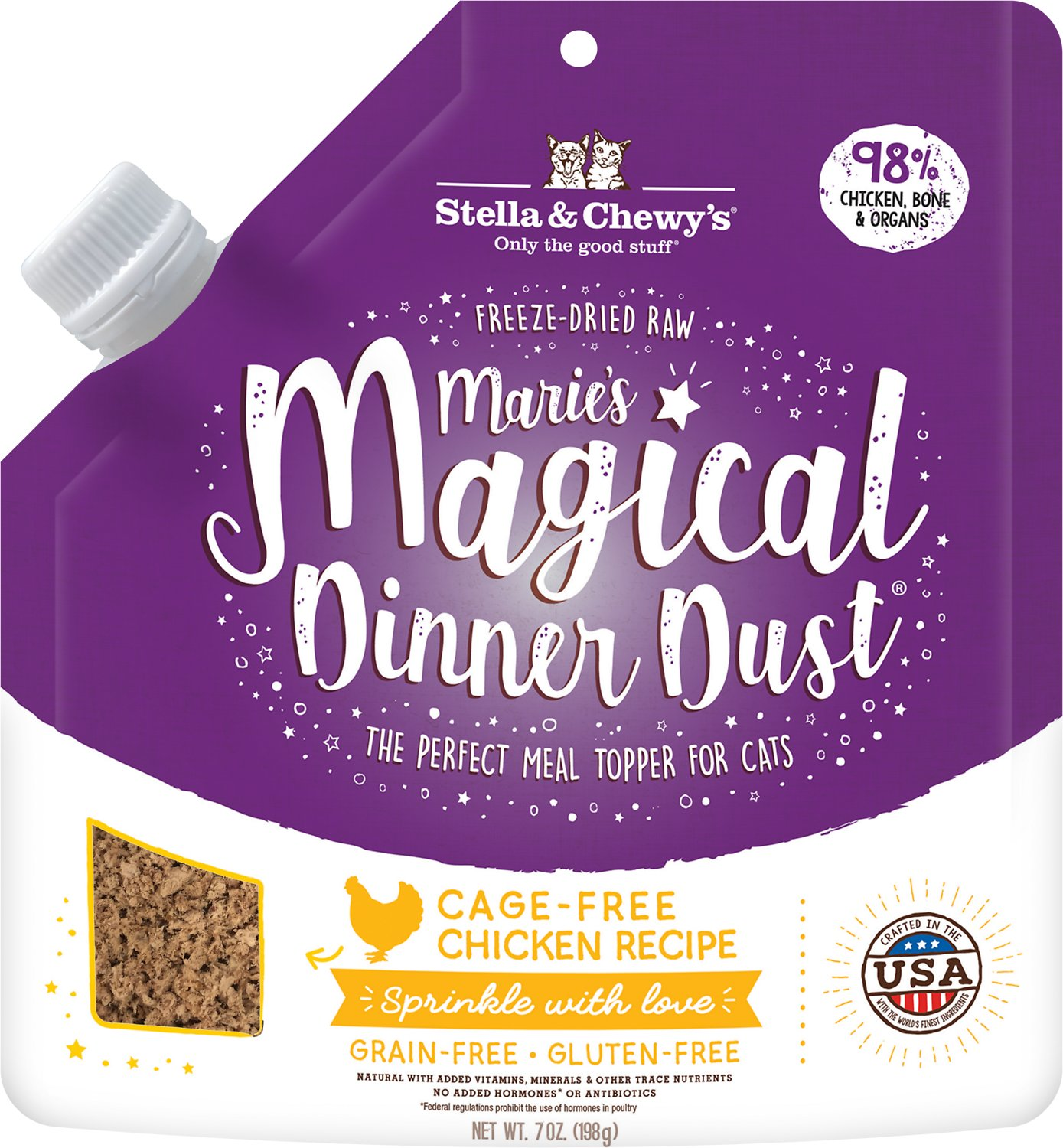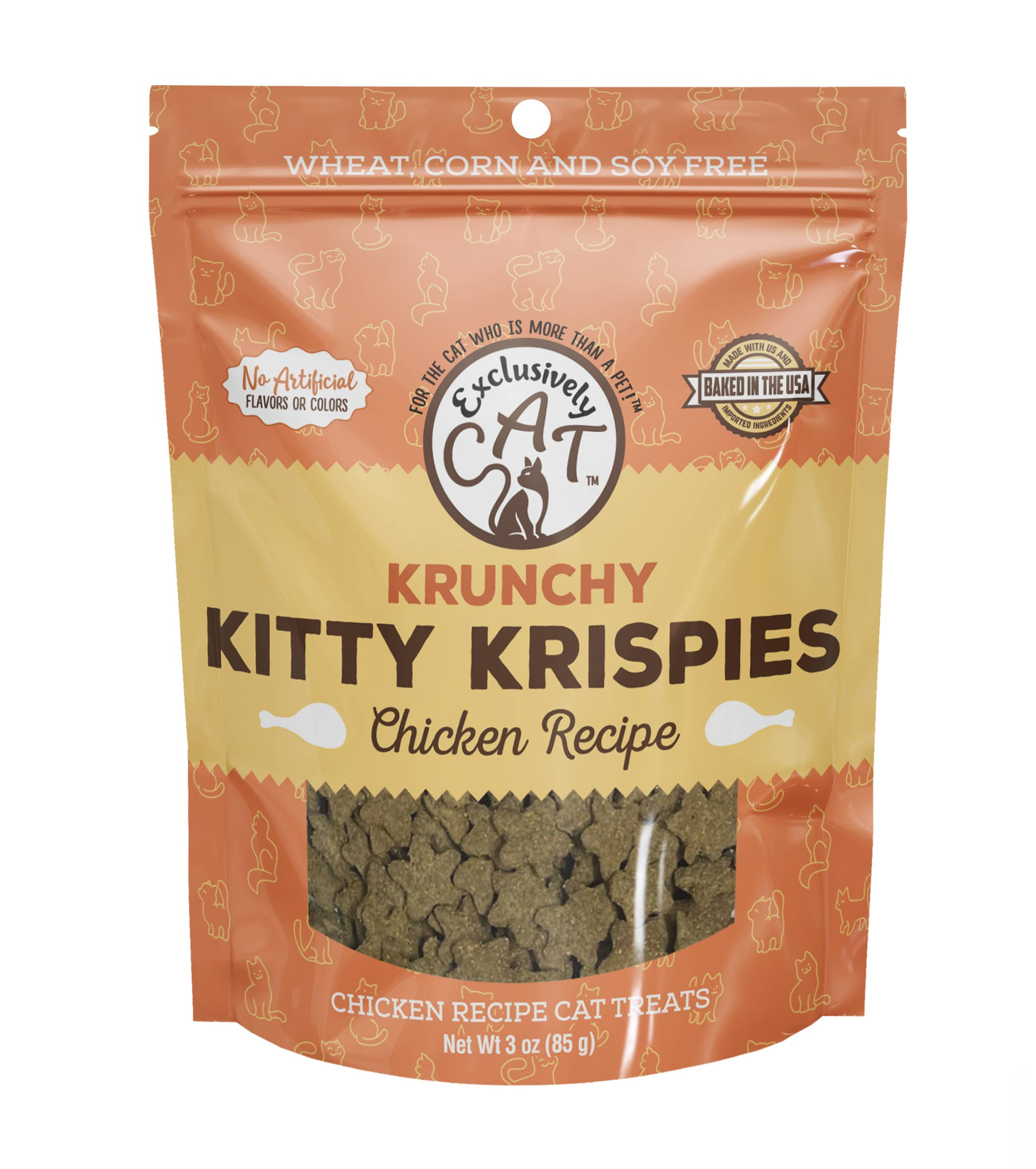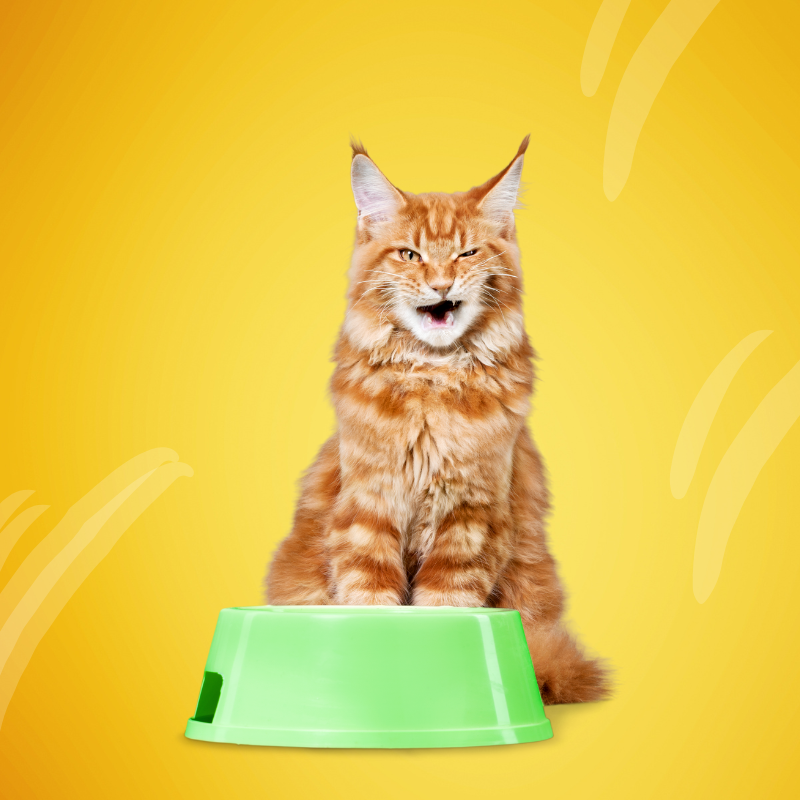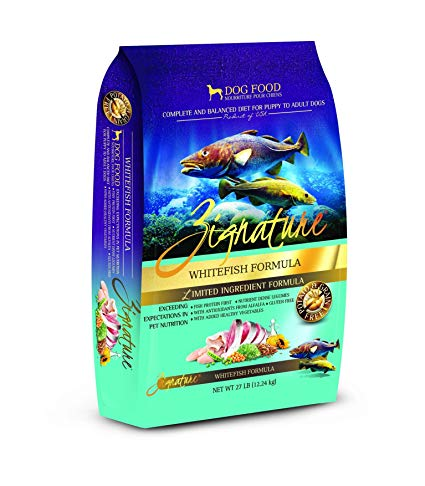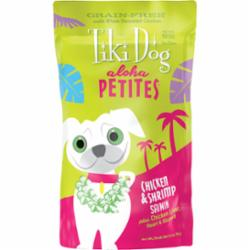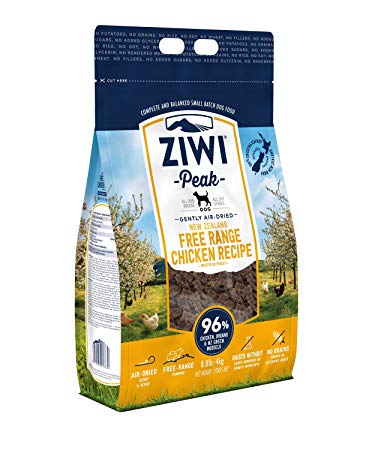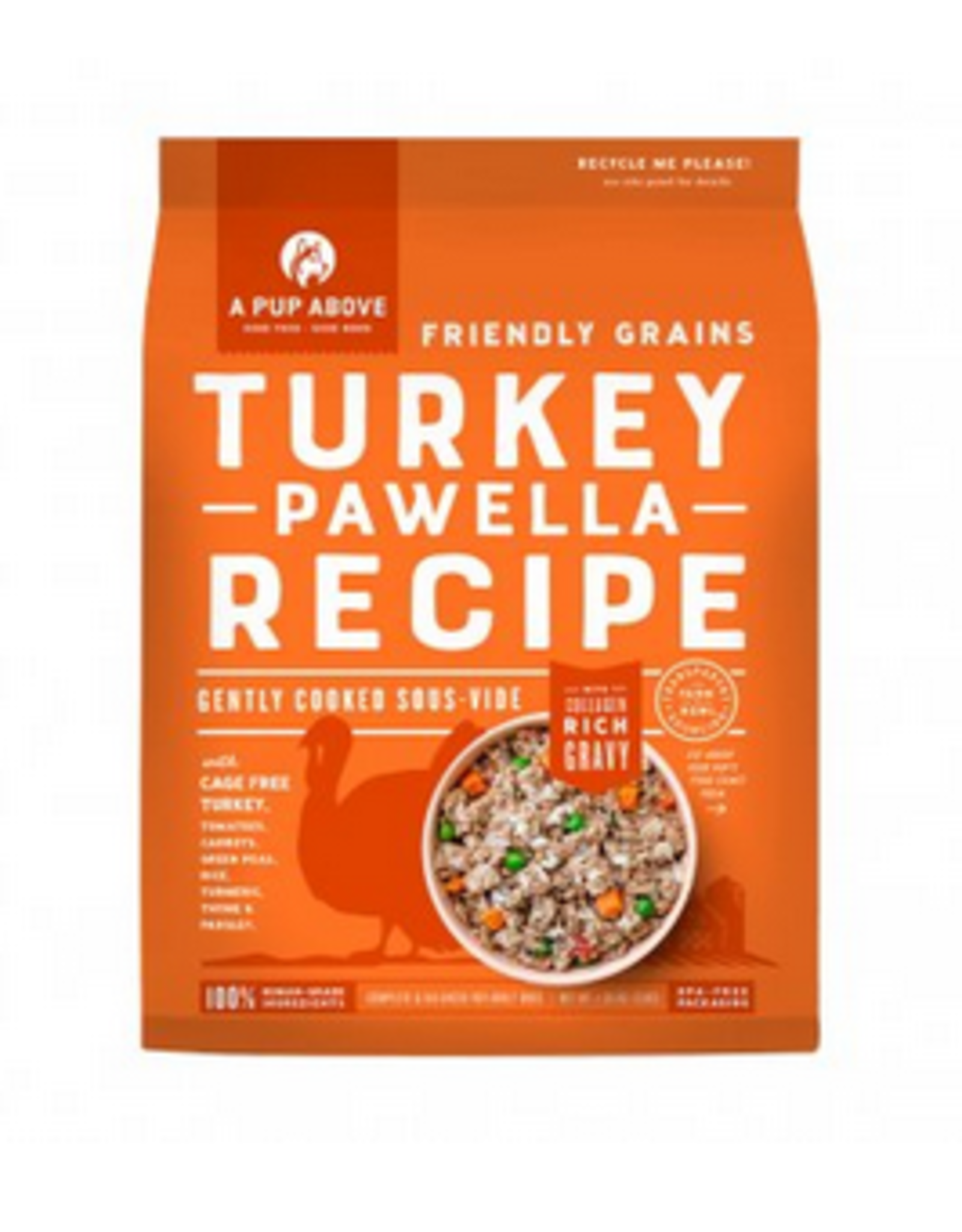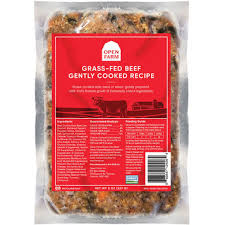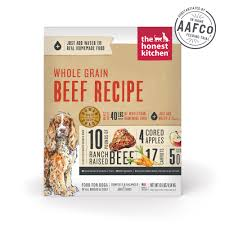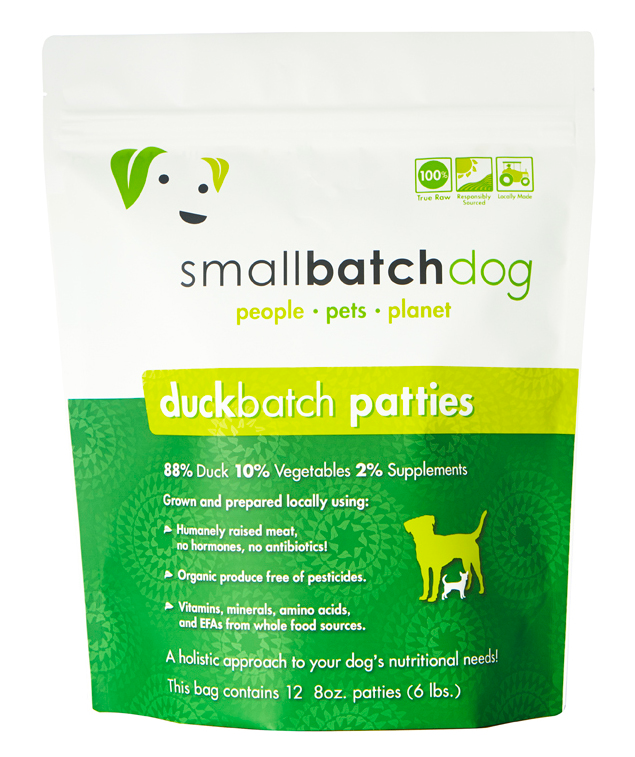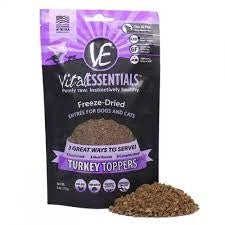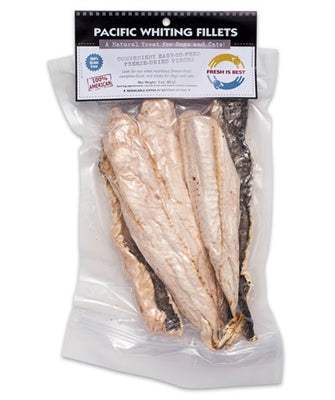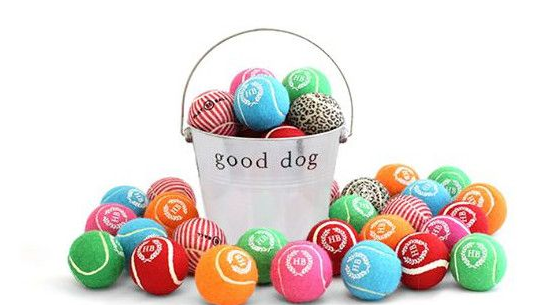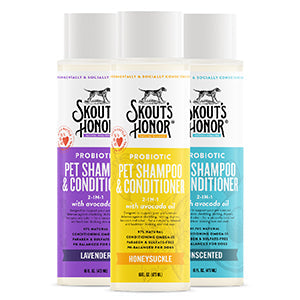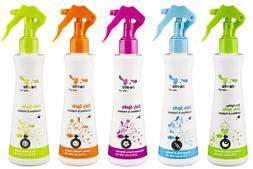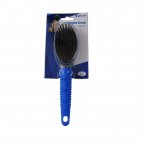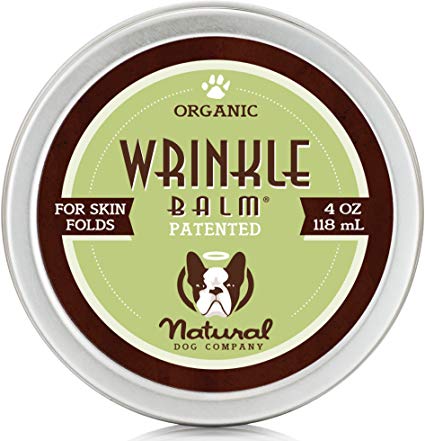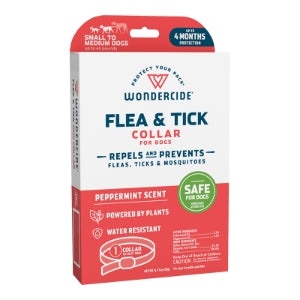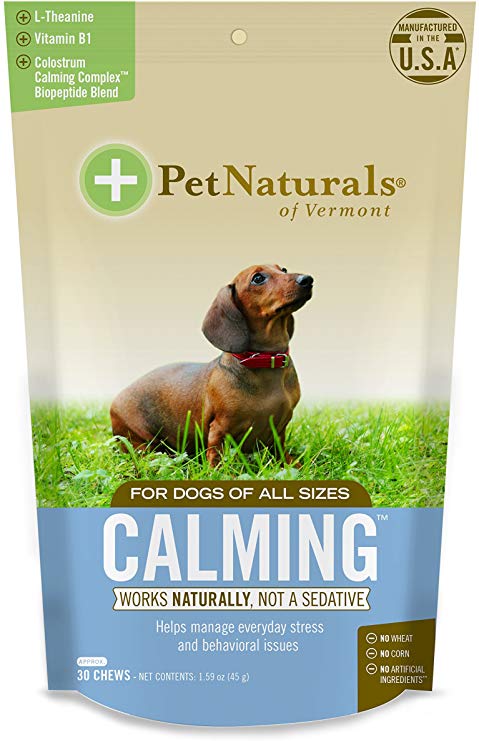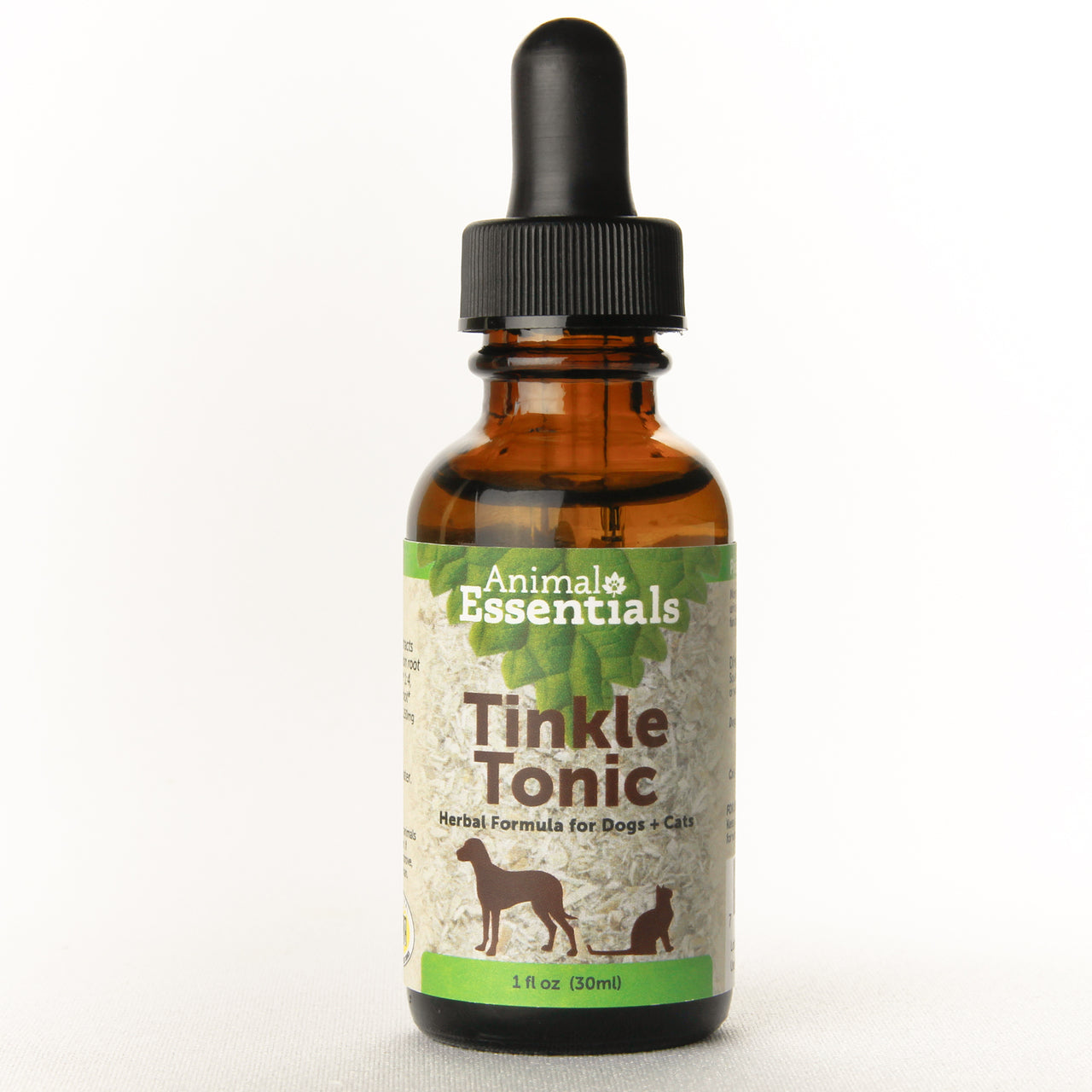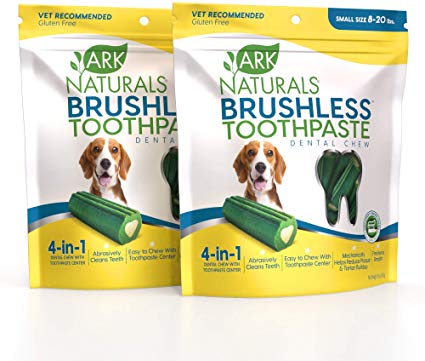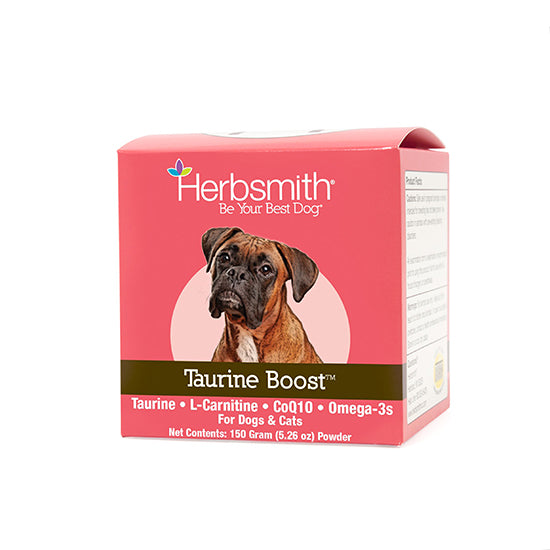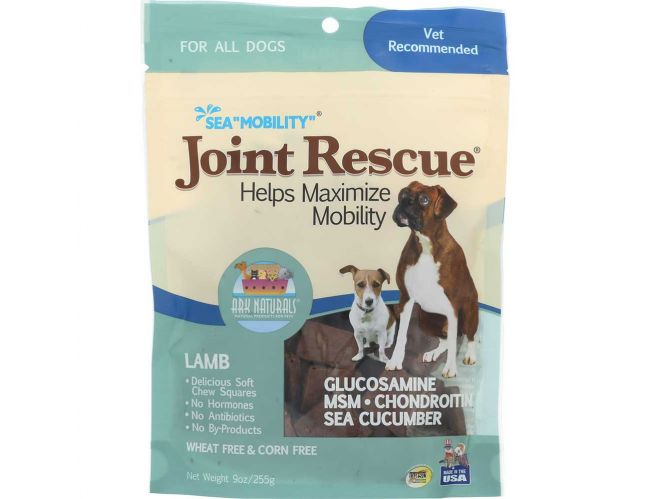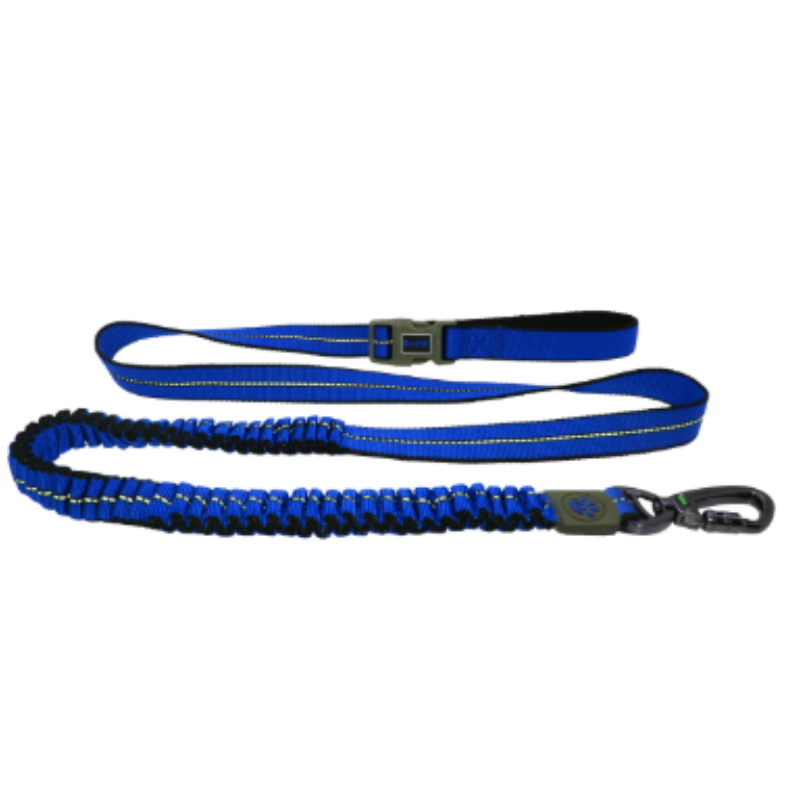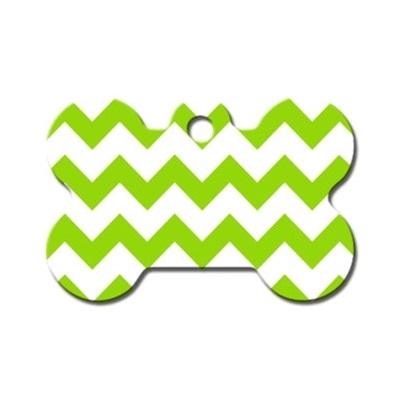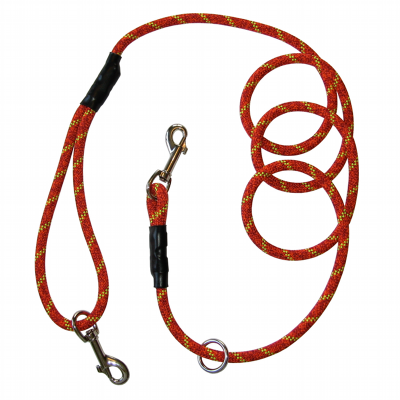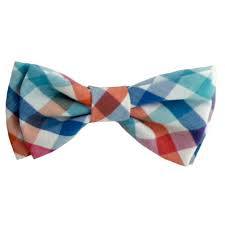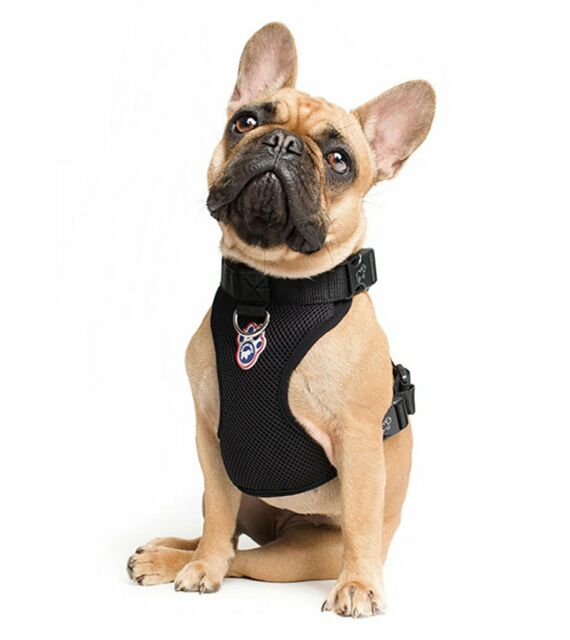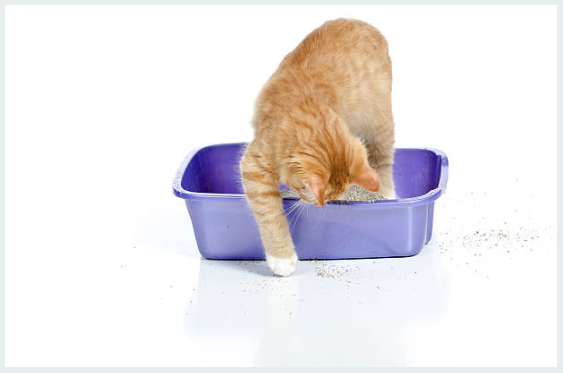When it comes to caring for our beloved pets, one of the most important aspects involves understanding their nutritional needs. Both dogs and cats have different requirements that can significantly impact their health and overall wellbeing. Whether you have a playful pup or a curious kitty, knowing what to feed them is crucial. In this article, we’ll dive deep into the nutritional essentials for dogs and cats, ensuring your furry friends receive optimum nutrition to live their best lives.
The Basics of Pet Nutrition
Before we explore the specifics, it's important to grasp the foundation of pet nutrition. All animals require a balanced diet, which typically consists of carbohydrates, proteins, fats, vitamins, and minerals. Each of these components plays a vital role in maintaining your pet's health and vitality.
Macronutrients: The Building Blocks
Let's break down the macronutrients, which are the main components of your pet's diet:
- Proteins: These are essential for growth, maintenance of body tissues, and overall health. Proteins are made up of amino acids, some of which are essential, meaning they need to be consumed in your pet's food. Dogs and cats require different amino acids for optimal health.
- Fats: Fats are a crucial energy source and help in the absorption of fat-soluble vitamins. They also contribute to a healthy skin and coat. Omega-3 and Omega-6 fatty acids are particularly important for both dogs and cats.
- Carbohydrates: While not an essential nutrient for cats, carbohydrates can provide energy and help with digestion in both dogs and cats when sourced from grains and vegetables.
Understanding Specific Nutritional Needs
Dogs and cats have distinct dietary needs. Understanding these differences will help pet owners make informed decisions when it comes to choosing their pet's food.
Nutritional Needs of Dogs
Dogs are omnivores, which means they can thrive on a diet that includes both animal and plant-based ingredients. Here are some of the key nutritional aspects of a dog’s diet:
- High-Quality Proteins: Dogs require high-quality protein sources that contain all essential amino acids for proper growth and maintenance. Meat, fish, and eggs are excellent protein sources.
- Healthy Fats: Dogs need healthy fats to not only provide energy but also improve skin health and support organ function. Look for dog foods that include omega fatty acids.
- Vitamins and Minerals: A balanced diet for dogs should include vitamins A, D, E, K, and B vitamins, as well as minerals like calcium and phosphorus.
- Age-Specific Nutrition: Puppies, adults, and senior dogs have differing nutritional requirements. Puppy formulas often have higher protein levels, while senior diets may include glucosamine for joint health.
Nutritional Needs of Cats
Cats are obligate carnivores, meaning their diet should primarily consist of meat. Here are the crucial nutritional elements for a cat's diet:
- Animal-Based Proteins: Cats need high levels of protein as well as specific amino acids such as taurine, which can only be found in animal-based products.
- Minimal Carbohydrates: Unlike dogs, cats have limited ability to digest carbohydrates, so their food should have minimal grain content.
- Fats: Healthy fats are just as important for cats, providing energy and supporting a healthy coat. Look for foods that include animal fats or omega-3 fatty acids.
- Taurine, Arachidonic Acid, and Vitamins: These nutrients are critical for a cat's heart health, vision, and reproductive health. Ensure the cat food contains a proper balance of these nutrients.
Adjusting Nutrition Based on Life Stages
Just like humans, pets have different dietary needs at various stages of their lives. Customizing their diet according to their life stage is crucial for their overall health.
Puppies and Kittens
Puppies and kittens require energy-dense food to support their rapid growth and development. Meals should be rich in proteins and fats to help them grow strong and healthy. Always opt for high-quality formulas that are specifically designed for young pets, as they will provide the necessary nutrients for development.
Adult Dogs and Cats
Once your pets reach adulthood, their dietary needs stabilize, focusing on maintaining body condition and health. Ensure their food contains moderate protein levels and controlled calories to prevent obesity. Monitoring weight and adjusting portions as necessary is important for a happy, healthy adult pet.
Senior Pets
As pets age, their metabolism slows and they often need fewer calories. However, they may require more fiber to aid digestion, as well as particular nutrients to support joint health and cognition. Specialized senior pet foods can help meet these changing needs.
Common Nutritional Myths Debunked
There are many misconceptions about pet nutrition. Let’s clarify some of these myths:
Myth: Dogs and Cats Can Eat the Same Food
While it might be simpler to feed both pets the same food, this isn’t ideal. Dogs and cats have distinct dietary requirements, and their food should reflect those differences. Feeding them appropriate species-specific diets ensures they receive necessary nutrients.
Myth: Grain-Free Diets Are Always Better
Many pet owners believe that grain-free diets are healthier. However, most dogs can tolerate grains, which can provide beneficial carbohydrates and fiber. Grain-free diets may even lead to nutritional deficiencies if not carefully managed. Always consult your veterinarian before making any significant changes to your pet's diet.
Myth: Raw Food is the Best Option
While some pet owners advocate for raw diets, these can be risky if not balanced properly. Raw diets may expose pets to harmful bacteria and do not always provide complete nutrition. Always discuss dietary options with your veterinarian to find the safest and healthiest choice for your pet.
Feeding Tips for Dog and Cat Owners
Here are some practical tips to ensure that you're meeting your pet’s nutritional needs:
- Regular Veterinary Check-ups: Regular check-ups will help your veterinarian monitor your pet's health and nutritional needs effectively.
- Quality Over Quantity: Always prioritize high-quality pet food over quantity. Read labels, and choose formulas that list real meat as the primary ingredient.
- Monitor Weight and Activity: Keep an eye on your pet's weight and adjust feeding portions to avoid obesity.
- Provide Fresh Water: Always keep fresh water available to keep your pet hydrated.
- Transition Foods Gradually: If you're changing your pet's diet, do so gradually over a week to prevent digestive upset.
Your Role in Promoting Healthy Nutrition
As a pet owner, your role in your pet’s nutrition cannot be overstated. You are their primary caregiver, and the choices you make in terms of food and feeding habits will influence your pet's health long term. Establishing a proper feeding routine, ensuring high-quality diet options, and staying informed about their unique needs is key to ensuring your furry friends lead happy and healthy lives.
Ready for a Healthy Adventure?
Understanding the nutritional needs of dogs and cats is essential for any pet owner committed to ensuring their companion enjoys excellent health. Armed with the right knowledge about their dietary needs, you can confidently select foods, adjust diets according to life stages, and recognize nutritional myths. Committing to your pet's health will pay off tremendously, returning you with years of companionship, loyalty, and joy. Let’s embark on this health journey together, laying a solid foundation for your furry friends' future!
Incorporating tailored nutrition with love and care will not only keep your pets healthy, but it will also enrich your bond as you watch them thrive. Here's to vibrant health for Fido and Fluffy!
Please feel free to visit one of our fellow Shopify user's stores by clicking here. Kindly note that this is a promotional link, and we cannot be held responsible for the content of the linked store.



